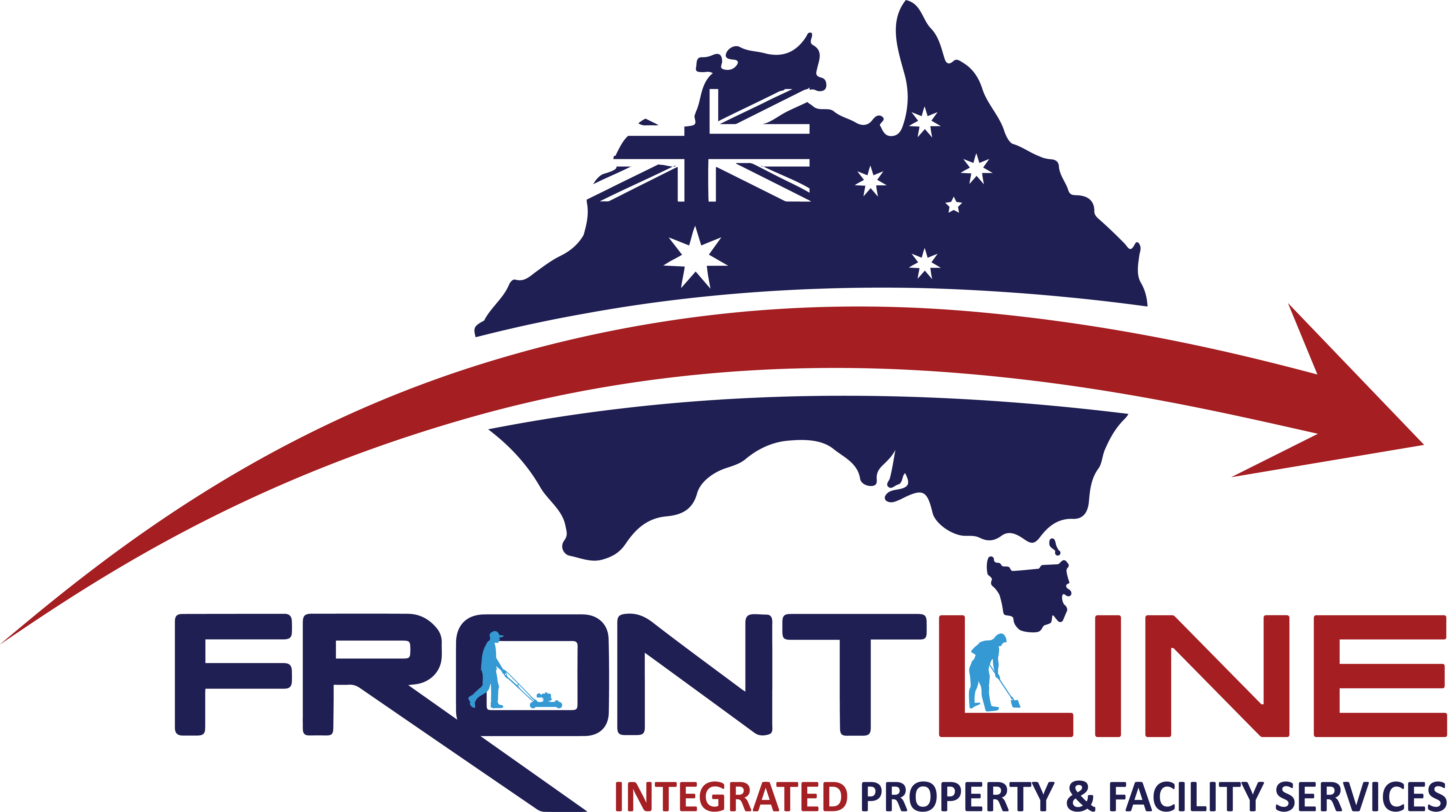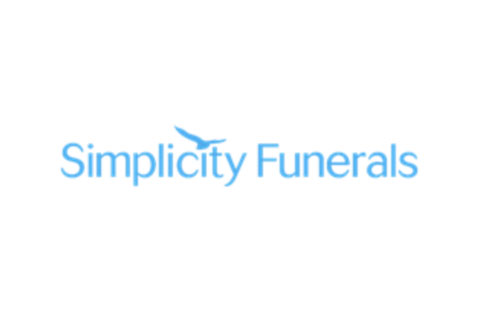
Standing Together Against Domestic and Family Violence: A Call for Awareness, Support and Action
May marks Domestic and Family Violence Prevention Month in Australia - a time to reflect, raise awareness, and take collective action against a crisis that continues to affect too many Australians. For Wounded Heroes Australia, whose mission is to support our veterans, service personnel, and their families in times of crisis, this month resonates deeply.
The Hidden Battle on the Home Front
When we think of military service, we often picture bravery on the battlefield, mateship, and sacrifice. What we talk about less - but must confront - is the battle some of our service personnel and veterans face behind closed doors: domestic and family violence.
Domestic and family violence (DFV) does not discriminate. It affects people from all walks of life - regardless of gender, age, culture, or background. Within military and veteran communities, however, DFV presents unique challenges. The stressors of service life - long deployments, trauma, mental health struggles, and difficulties transitioning to civilian life - can contribute to a volatile home environment, where underlying issues go unchecked, and support may be lacking.
Understanding Domestic and Family Violence
DFV is more than physical abuse. It can also be emotional, psychological, sexual, financial, or coercive control. It is a pattern of behaviour used to gain power and control over another person. For some, it can escalate gradually, making it difficult to recognise the signs or to reach out for help.
According to the Australian Institute of Health and Welfare, one in six Australian women and one in sixteen men have experienced physical or sexual violence by a current or former partner since the age of 15. Many never report it. Within veteran and defence families, the rates can be even higher, compounded by stigma, isolation, and a lack of accessible support services.
The Military Context: What Makes This Issue Complex?
Military life brings with it a unique set of pressures. For current serving members, constant relocations, time apart from loved ones, and exposure to traumatic situations can take a toll on relationships. For veterans, the transition out of service can trigger mental health struggles, including post-traumatic stress disorder (PTSD), depression, and anxiety - all of which can strain family dynamics.
Service-related trauma does not excuse abusive behaviour, but understanding the context is vital in both supporting victims and addressing root causes. Often, both the person experiencing DFV and the person using violence may be struggling with unresolved trauma, making trauma-informed care and early intervention essential.
Wounded Heroes' Role: Supporting in Times of Crisis
At Wounded Heroes Australia, we provide crisis support to veterans and their families—whether that’s through emergency housing, financial assistance, or connecting individuals with mental health support. We have seen firsthand how DFV can destabilise families already under immense pressure.
When someone comes to us in crisis, there is often more beneath the surface: a mother escaping with her children from a violent situation, a veteran unable to access support because of fear or shame, or a family spiralling into homelessness due to financial abuse.
In May, and every month, we’re here to say: You are not alone. There is help. There is hope.
Breaking the Silence: Why Awareness Matters
DFV thrives in silence. Raising awareness is the first step towards change. That’s why May is so important - it gives us a national platform to say enough is enough.
Here are some ways you can help break the silence:
- Talk about it: Conversations about DFV should not be taboo. Discussing it openly helps reduce stigma and encourages those suffering in silence to seek help.
- Learn the signs: Recognising controlling behaviour, emotional manipulation, or financial abuse can empower friends and family to support someone in need.
- Support services: Familiarise yourself with DFV support organisations and how to safely guide someone toward professional help.
- Challenge attitudes: Speak out against victim-blaming and harmful stereotypes, especially around masculinity, toughness, and mental health - issues that can be especially prevalent in military culture.
If You Need Help
If you or someone you know is experiencing domestic or family violence, help is available. You don’t have to wait for a crisis to seek support.
- 1800RESPECT (1800 737 732) – National DFV and sexual assault counselling service
- Lifeline (13 11 14) – 24/7 crisis support
- Open Arms – Veterans & Families Counselling (1800 011 046) – Free and confidential mental health support for current and former ADF personnel and their families
- Wounded Heroes Crisis Line (1300 853 080) – Financial and emotional support for veterans and families
Please don’t hesitate to reach out. You deserve safety. You deserve support.
A Call to Action: What You Can Do This Month
Domestic and Family Violence Prevention Month is about more than awareness - it’s about action. Here’s how you can get involved:
- Donate: Your donations help Wounded Heroes support families fleeing DFV with emergency accommodation, food, and essentials.
- Volunteer: Your time can make a life-saving difference in helping veterans rebuild.
- Share stories: Help amplify survivor voices (with their permission) or share posts from organisations working to end DFV.
- Host a fundraiser: Morning teas, walks, or charity raffles are simple ways to raise both money and awareness.
Every act, no matter how small, creates ripples of change.
Together, We Can Make a Difference
DFV is not a private matter. It’s a community issue, and tackling it requires a community response. At Wounded Heroes, we believe no veteran or family member should suffer in silence or fear. Whether you’re a survivor, a friend, a loved one, or a concerned community member, your voice matters.
This May let’s stand together in courage, compassion, and commitment - to raise awareness, offer support, and work towards a future where homes are safe havens, not battlegrounds.
Because every hero deserves a life free from violence.
If you or someone you know is in immediate danger, please call Triple Zero (000). Help is always available.

























































